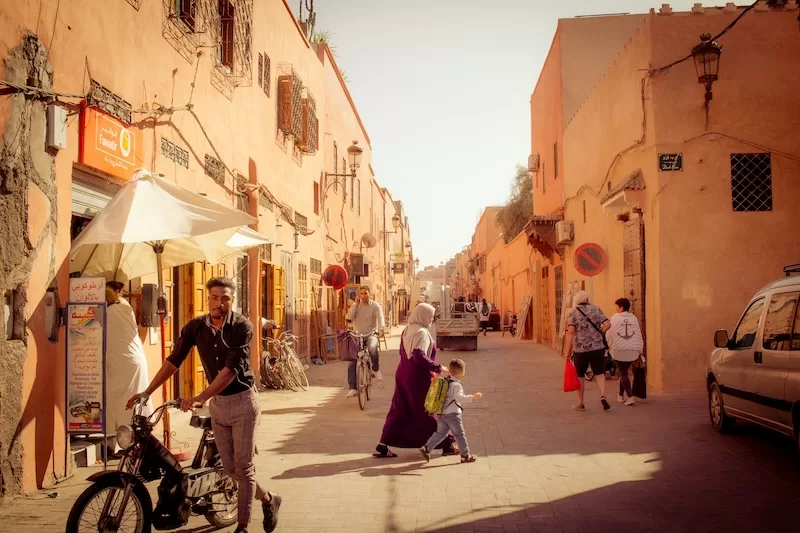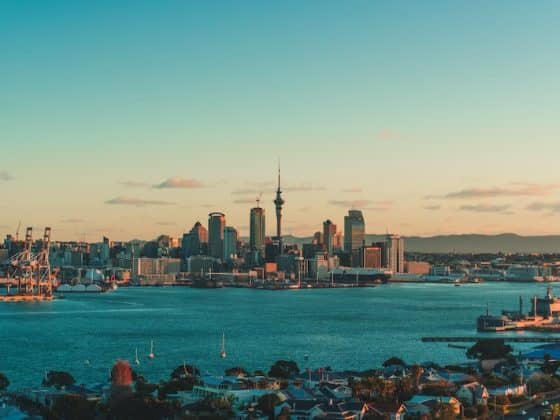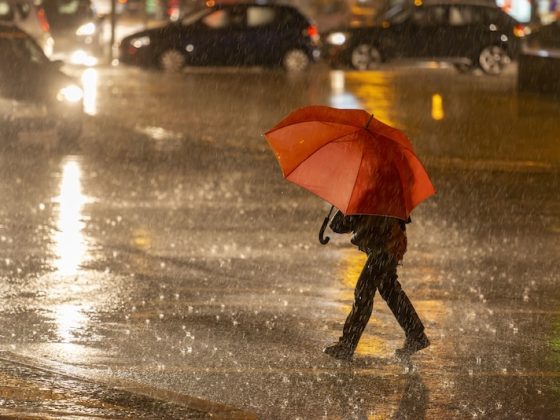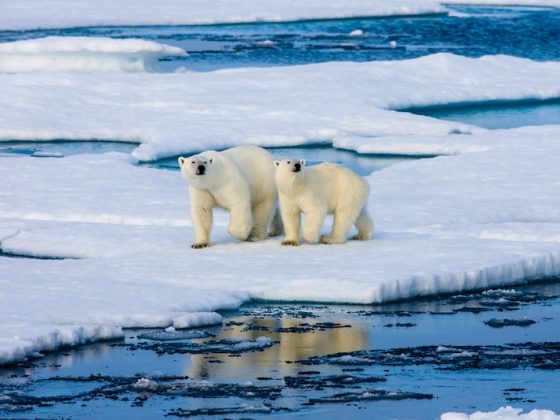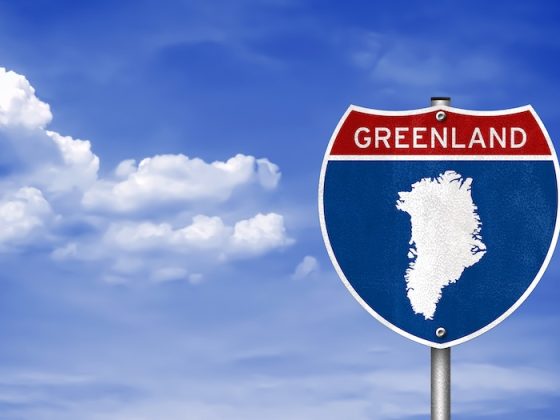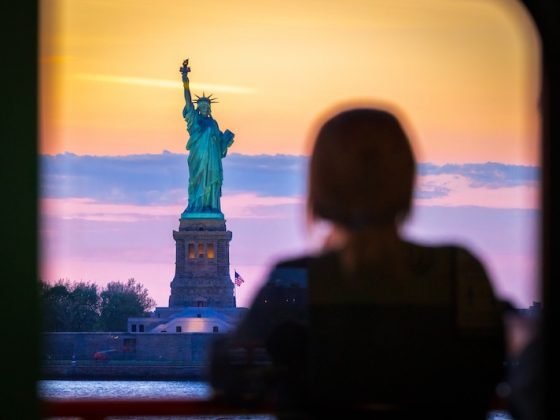This week’s headlines move from the depths of the Antarctic to the heights of global tension. Trump orders the Pentagon to resume nuclear weapons testing “on an equal basis” with Russia and China, Hurricane Melissa tears through the Caribbean, and Morocco cracks down on Gen Z protestors in an unprecedented mass trial. Meanwhile, scientists in Antarctica uncover something extraordinary beneath the ice, Europe and the U.S. debate the future of Daylight Saving Time, and century-old messages from World War I soldiers resurface on an Australian beach. Here’s what’s making the news headlines this week.

Nuclear Order
President Trump has directed the Pentagon to begin preparations for nuclear weapons testing “on an equal basis” with Russia and China, marking a sharp break from decades of restraint. The order—framed as a response to alleged foreign violations—has sparked global concern over a potential arms race and renewed anxiety among disarmament advocates.
The U.S. has not conducted a full-scale nuclear test since 1992, relying instead on computer simulations and subcritical experiments. Defense officials say the new directive aims to ensure “strategic parity,” while critics warn it could erode longstanding treaties and push the world closer to confrontation.
Read more like this: Trump Visit to Delhi
Caribbean Chaos
Hurricane Melissa has devastated swathes of the Caribbean, killing dozens and displacing thousands after winds exceeding 150 mph tore through coastal towns. Entire neighborhoods were submerged as storm surges swallowed low-lying islands, while emergency crews scrambled to restore power and deliver aid.
The Category 5 storm—one of the strongest in years—comes amid warnings that warming oceans are intensifying hurricane seasons. Caribbean governments have urged international assistance, calling the destruction “a regional crisis with global causes.”
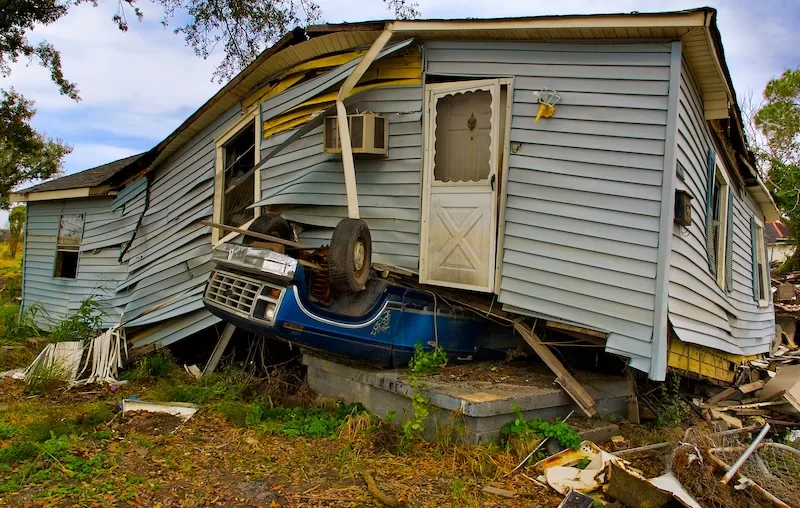
Morocco’s Mass Trials
Morocco has charged more than 2,400 people in connection with widespread youth-led protests that swept the country earlier this year. The demonstrations, largely organized by Gen Z activists on social media, began as calls for economic reform and political transparency but evolved into broader criticism of state power.
Rights groups have condemned the prosecutions as excessive, warning that the scale of arrests signals a hardening stance against dissent. The government defends the charges as necessary to restore order, yet the movement has revealed a generational fault line between Morocco’s rulers and its restless youth.

Secrets Beneath the Ice
An Antarctic expedition searching for Ernest Shackleton’s famed shipwreck, Endurance, has uncovered something unexpected on the seafloor—vast colonies of icefish nests stretching across the Weddell Sea. Scientists describe the find as one of the largest known breeding grounds on Earth, offering new insight into how marine life survives in extreme polar environments.
The discovery highlights the growing scientific value of the Antarctic as climate change accelerates. Researchers warn that warming waters could threaten these fragile ecosystems, even as nations jostle for access to the continent’s resources.
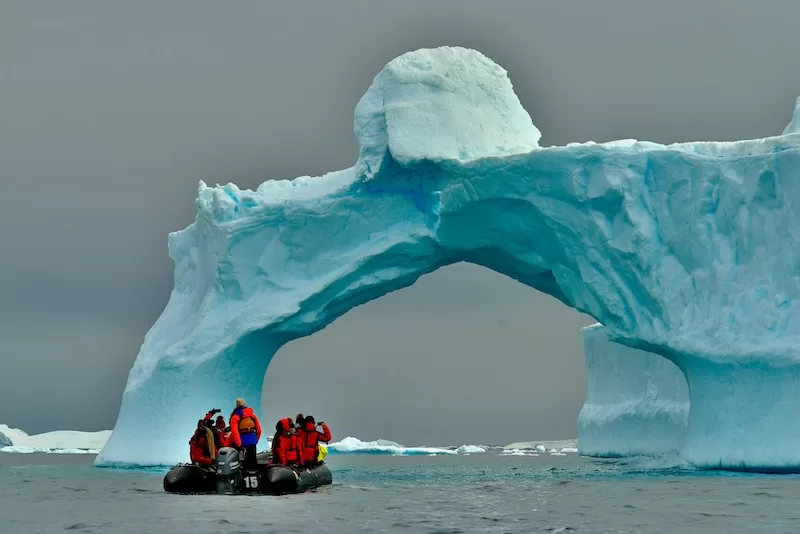
Time Debate Rekindled
Daylight Saving Time is once again under scrutiny as lawmakers in both the U.S. and EU debate whether to keep it. Supporters argue the practice saves energy and boosts productivity, while opponents say it disrupts sleep, health, and modern life in an era no longer ruled by daylight.
Despite public frustration, both blocs have hesitated to abolish the system outright. The result: citizens in two of the world’s largest economies continue to turn clocks back and forth each year, even as the rest of the world gradually moves on.

Messages from the Past
On an Australian beach, historians have uncovered a collection of glass bottles containing handwritten notes from World War I soldiers—preserved for more than a century beneath the sand. The messages, dated between 1915 and 1917, describe hopes for homecoming, reflections on war, and simple greetings to families long gone.
Experts say the find offers a rare glimpse into the humanity behind the conflict, bridging a century with the voices of young men who never returned. Plans are underway to preserve the bottles in a museum dedicated to wartime remembrance.
Read more like this: The Hottest New Digital Nomad Destination in Morocco
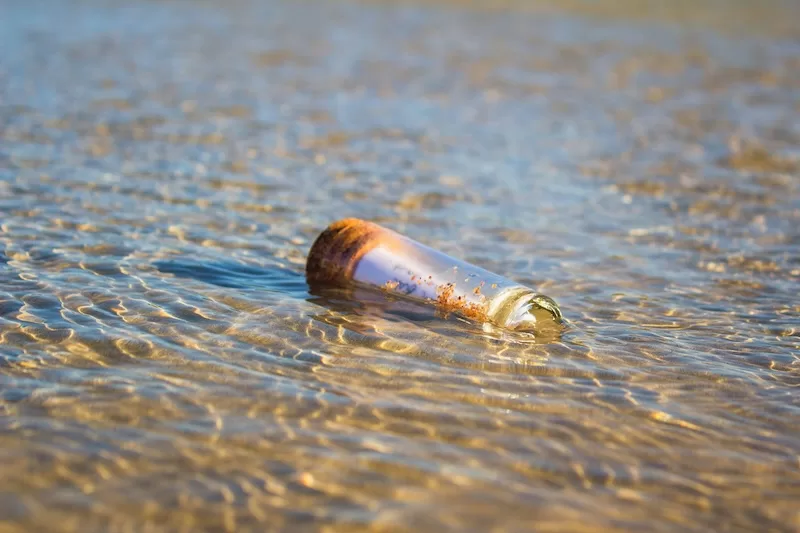
Contact Author
"*" indicates required fields
Stay Ahead on Every Adventure!
Stay updated with the World News on Escape Artist. Get all the travel news, international destinations, expat living, moving abroad, Lifestyle Tips, and digital nomad opportunities. Your next journey starts here—don’t miss a moment! Subscribe Now!
